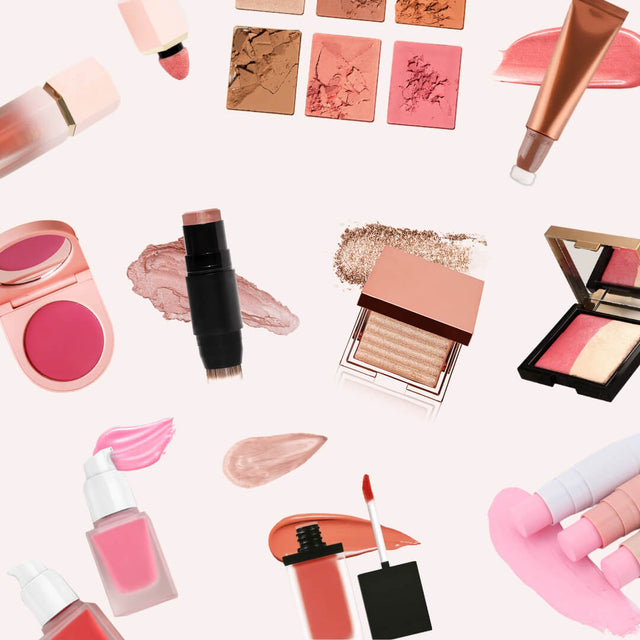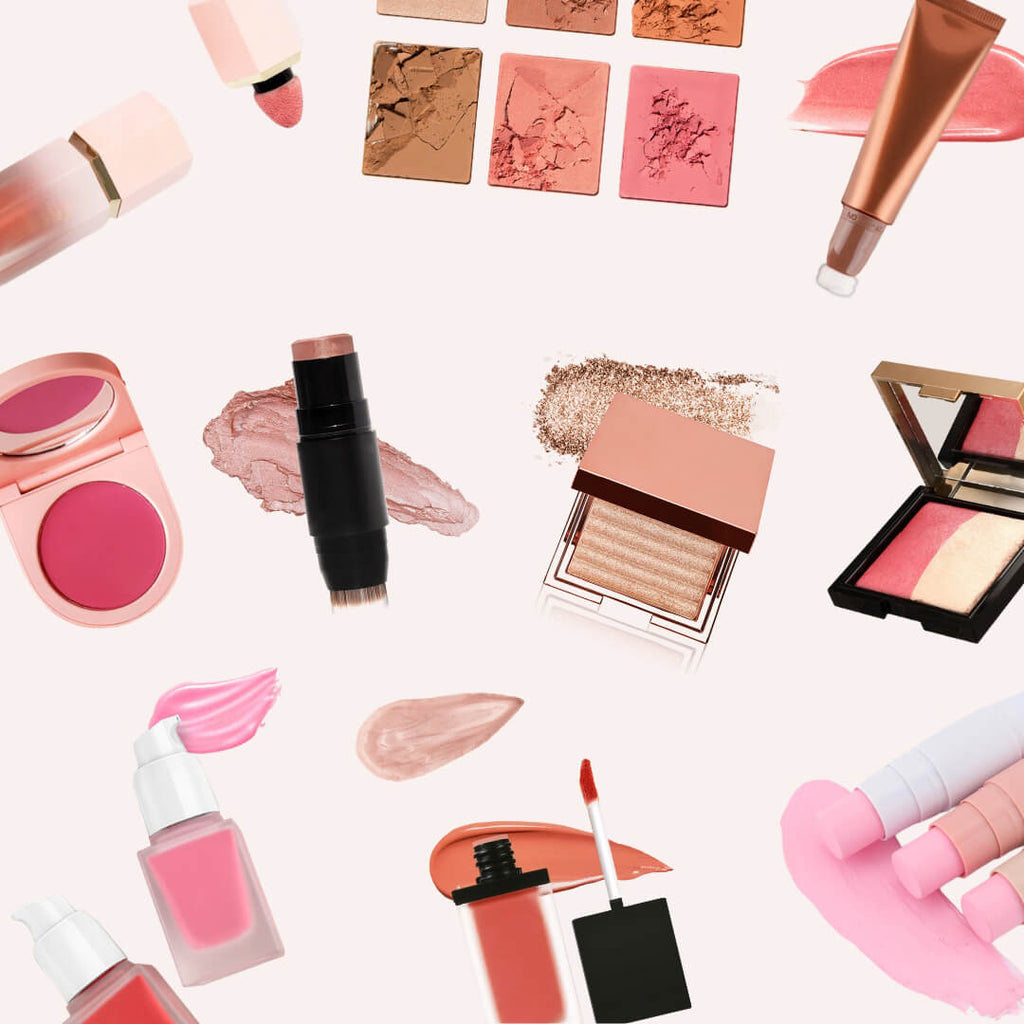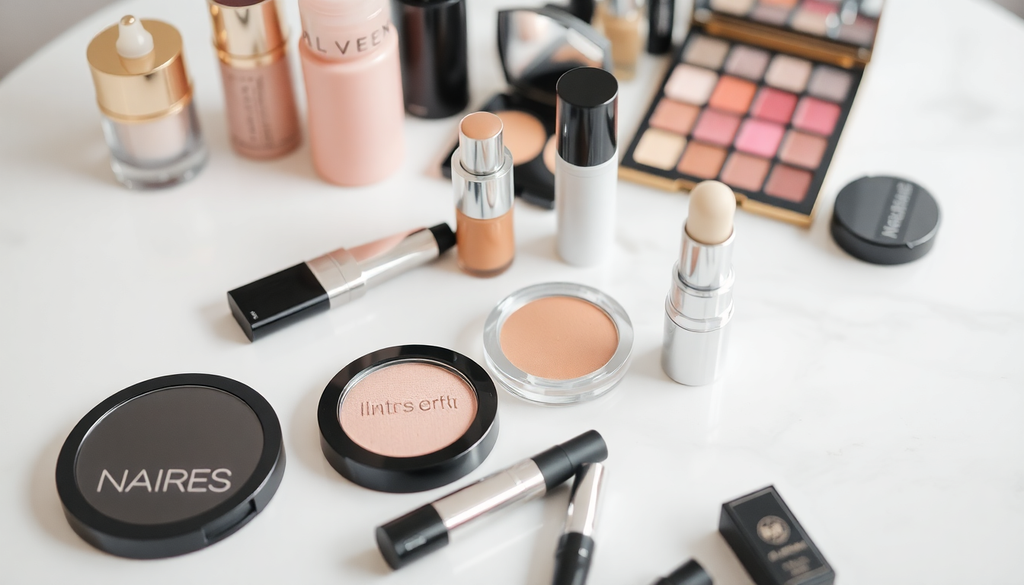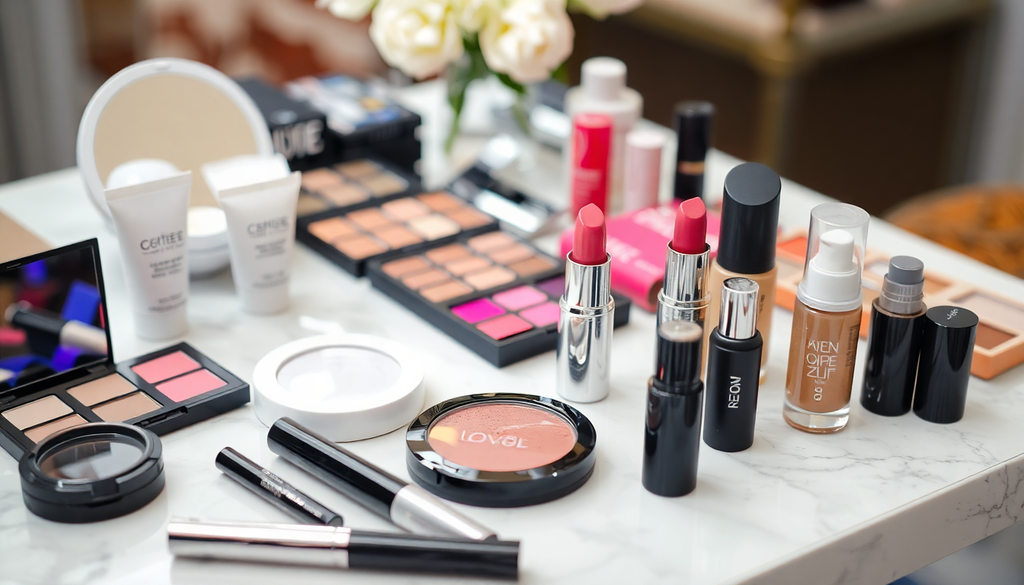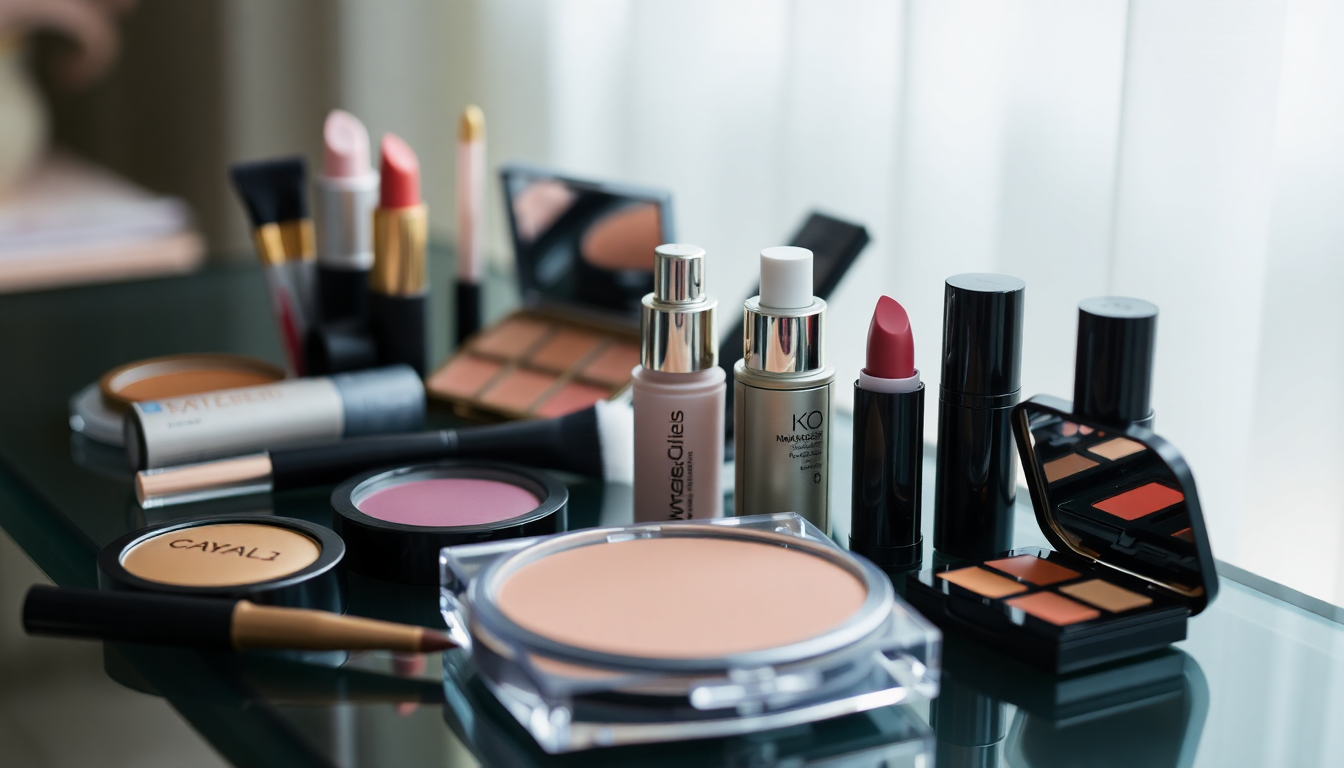
The Complete Guide to Launching Your Private Label Makeup Brand in New Zealand: Navigating Import Policies, Certifications, and Effective Marketing Strategies for 2025
Introduction
Launching a private label makeup brand in New Zealand can be an exciting and lucrative venture. As the beauty industry continues to flourish, understanding the intricacies of import policies, certifications, and effective marketing strategies is crucial for success in 2025. This guide will walk you through each step of the process, ensuring you are well-prepared to enter the market.
Understanding Import Policies
Before you can sell your private label makeup, you must familiarize yourself with New Zealand's import policies. Here are the key points to consider:
- Customs Regulations: Ensure that your products comply with New Zealand Customs Service regulations, which include proper labeling and documentation. Check the Harmonized System (HS) codes for makeup products to avoid delays in customs clearance.
- Duties and Taxes: Be aware of any import duties and Goods and Services Tax (GST) that may apply to your products. Generally, cosmetics may incur a GST of 15% upon importation.
- Restricted Ingredients: Familiarize yourself with any ingredients that are prohibited or restricted in New Zealand. The Environmental Protection Authority (EPA) maintains a list of these substances, which you must comply with.
- Documentation: Prepare all necessary documents, including a commercial invoice, packing list, and any certificates of origin or authenticity required.
Certifications Required for Cosmetics
To sell makeup in New Zealand, you need to adhere to specific certification requirements. Here are the essential certifications:
- Health and Safety Compliance: Your products must meet the standards set by the New Zealand Environmental Protection Authority (EPA). This includes guidelines on manufacturing practices and safety assessments.
- Product Safety Testing: Ensure your products undergo rigorous safety testing to comply with local regulations. This may involve testing for skin irritation, allergenicity, and stability.
- Labeling Requirements: Labels must include all necessary information, such as ingredients, usage instructions, and safety warnings. Compliance with the Australia New Zealand Food Standards Code is essential for labeling your products accurately.
- Vegan or Cruelty-Free Certifications: If applicable, obtaining certifications such as 'Vegan' or 'Cruelty-Free' can enhance your brand's appeal, especially among conscious consumers.
Setting Up Your Makeup Online Store
Creating an online store is a vital step in launching your private label brand. Here’s how to get started:
- Choose an E-commerce Platform: Select a platform that suits your needs, such as Shopify, WooCommerce, or BigCommerce. Each platform has its pros and cons, so consider your budget, technical skills, and scalability.
- Design Your Store: Create an attractive and user-friendly website that reflects your brand's identity. Invest in quality product photography, engaging descriptions, and an easy navigation structure to enhance user experience.
- Payment Gateways: Integrate secure payment options to facilitate smooth transactions for customers. Popular options include PayPal, Stripe, and local New Zealand payment methods.
- Shipping Solutions: Partner with reliable shipping providers to ensure timely delivery of products. Consider offering multiple shipping options, including express and international shipping, to cater to diverse customer needs.
- Mobile Optimization: Ensure your online store is mobile-friendly, as a significant portion of consumers shop via mobile devices. This includes responsive design and fast loading times.
Effective Marketing Strategies for Your Makeup Brand
Marketing is crucial in standing out in the competitive beauty industry. Here are some strategies to consider:
- Social Media Marketing: Utilize platforms like Instagram, TikTok, and Facebook to showcase your products and engage with potential customers. Create visually appealing content, including makeup tutorials, before-and-after transformations, and user-generated content.
- Influencer Collaborations: Partner with beauty influencers to promote your brand and reach a wider audience. Look for influencers whose values align with your brand, and consider offering them exclusive discount codes for their followers.
- Content Marketing: Create valuable content such as tutorials, blogs, and videos that highlight your products and attract traffic to your website. Provide tips on makeup application, trends, and product benefits to position your brand as an authority in the beauty space.
- Email Marketing: Build an email list and send newsletters to keep your customers informed about new products and promotions. Offer exclusive discounts and early access to new launches as an incentive for subscribers.
- Search Engine Optimization (SEO): Optimize your website for search engines to increase visibility. Use relevant keywords related to makeup, private labeling, and your target market to drive organic traffic.
- Online Advertising: Invest in online advertising through Google Ads and social media platforms to reach targeted demographics. Experiment with different ad formats and messaging to see what resonates best with your audience.
Building Your Brand Identity
Establishing a strong brand identity is essential for the long-term success of your makeup line. Consider the following steps to build your brand:
- Define Your Target Audience: Identify the demographic you want to reach, including age, gender, interests, and purchasing behavior. Understanding your audience will guide your product development and marketing strategies.
- Create a Unique Selling Proposition (USP): Determine what sets your makeup brand apart from competitors. This could be product quality, unique formulations, eco-friendly packaging, or a focus on inclusivity.
- Develop a Brand Voice: Establish a consistent tone and style for your branding, from your website copy to social media interactions. Your brand voice should resonate with your target audience and reflect your brand's personality.
- Design a Memorable Logo: Invest in professional logo design that encapsulates your brand's essence. A strong logo will enhance brand recognition and create a professional image.
- Packaging Design: Design packaging that is not only visually appealing but also functional. Consider eco-friendly options to attract environmentally conscious consumers.
Leveraging Customer Feedback
Customer feedback is invaluable for improving your products and services. Here’s how to effectively gather and utilize feedback:
- Surveys and Questionnaires: Send out surveys to customers post-purchase to gather insights on their experience and satisfaction with your products.
- Product Reviews: Encourage customers to leave reviews on your website and social media. Positive reviews can serve as powerful testimonials, while constructive criticism can help you refine your offerings.
- Engagement on Social Media: Monitor comments and messages on your social media platforms to gain insights into customer preferences and concerns. Responding promptly can also enhance customer satisfaction.
- Focus Groups: Consider organizing focus groups to test new products and gather feedback before launching them to the public. This can provide valuable insights into market demand and product appeal.
Conclusion
Launching your private label makeup brand in New Zealand requires careful planning and execution. By understanding import policies, obtaining necessary certifications, setting up an efficient online store, and implementing effective marketing strategies, you can position yourself for success in the vibrant beauty market of 2025. Building a strong brand identity and leveraging customer feedback will further enhance your chances of thriving in this competitive industry. Start your journey today and make your mark in the world of makeup!

